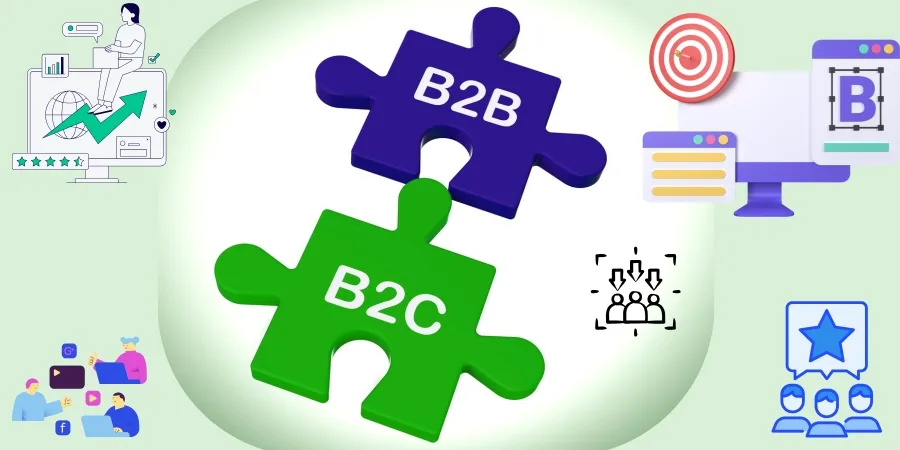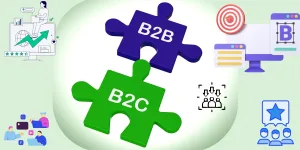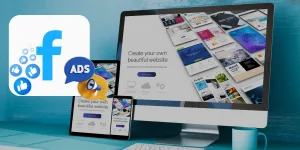In the modern digital landscape, search engine optimization (SEO) is essential for every business, regardless of its size or niche. However, B2B SEO (Business-to-Business SEO) and B2C SEO (Business-to-Consumer SEO) follow distinctly different paths. While both aim to improve visibility and attract the right audience, their approaches, goals, and buyer journeys vary significantly.
If you’ve ever wondered “What are the main differences between B2B SEO and B2C SEO strategies?”, this comprehensive guide will help you understand every aspect—from audience targeting and content creation to keyword strategy and conversion goals. Let’s explore how B2B SEO vs B2C SEO differ and how to optimize your website for both markets effectively.
What Is the Real Difference Between B2B and B2C SEO?
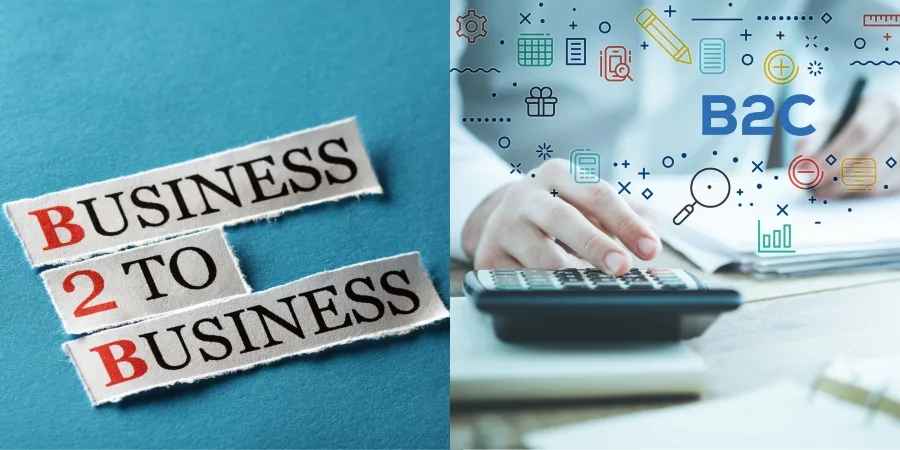
Before diving into strategies, let’s define these two business models.
- B2B (Business-to-Business) means one business sells products or services to another business. For example, a software company selling CRM tools to enterprises.
- B2C (Business-to-Consumer) means a company sells directly to individual customers. For example, an eCommerce brand selling clothes online.
The main difference between B2B and B2C SEO lies in their target audience, search intent, and conversion process. B2B buyers are often professionals or decision-makers seeking long-term solutions, while B2C buyers are everyday consumers looking for quick solutions or emotional satisfaction.
Understanding Target Audience in B2B vs B2C SEO
In B2B SEO, your audience is smaller but more specific. These are business owners, managers, or procurement professionals who perform detailed research before purchasing. Their decisions are logic-driven and often involve multiple stakeholders.
In B2C SEO, the audience is much broader. Consumers are guided by emotions, trends, and convenience. They want fast answers and seamless experiences. Therefore, B2C SEO services focus on engaging visuals, storytelling, and easy navigation to attract and retain customers effectively.
Example:
- A B2B keyword might be “enterprise project management software.”
- A B2C keyword could be “best project management app for freelancers.”
This highlights how keyword targeting in B2B SEO is more technical and long-tail, while B2C SEO optimization focuses on high-volume, short-tail phrases.
B2B vs B2C Digital Marketing and SEO Strategies

1. Keyword Targeting and Search Intent
In B2B SEO, keywords are typically industry-specific, low in search volume, and longer in length (long-tail). The focus is on intent-based searches such as “best CRM software for small businesses.”
In B2C SEO, keywords are broader, short-tail, and highly competitive, like “best smartphones” or “buy running shoes online.”
B2B SEO keyword targeting vs B2C SEO keyword targeting differs in depth—B2B focuses on decision-making and ROI-driven phrases, while B2C targets immediate purchase intent.
2. Content Strategy for B2B vs B2C SEO
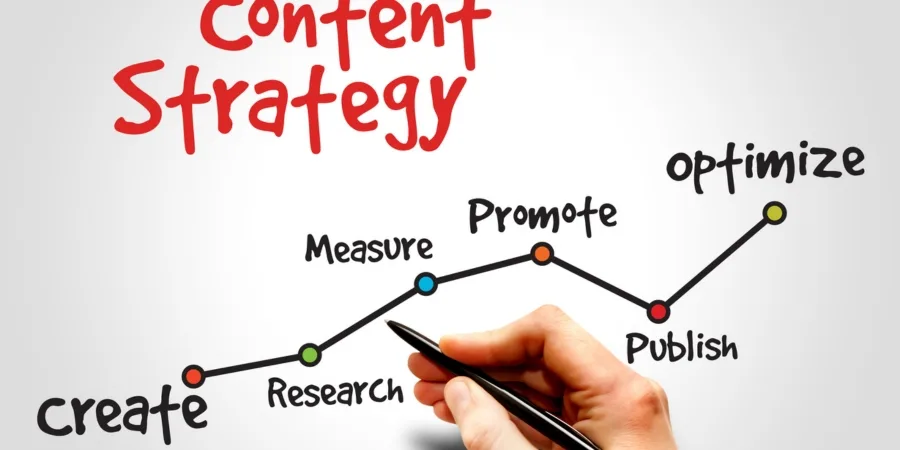
The content strategy forms the heart of SEO success.
- B2B Content Strategy:
Focuses on educational, data-driven, and informative content such as whitepapers, case studies, webinars, and blog posts that build authority and trust. The goal is to establish credibility and guide prospects through a long sales cycle.
- B2C Content Strategy:
Relies on emotionally appealing content like blogs, videos, and product descriptions that encourage quick buying decisions. Storytelling and relatable examples are powerful here
For example, a B2B marketing SEO technique might include publishing an industry research report, while a B2C SEO best practice could be creating an engaging YouTube ad or influencer campaign.
3. Lead Generation and Conversion Goals
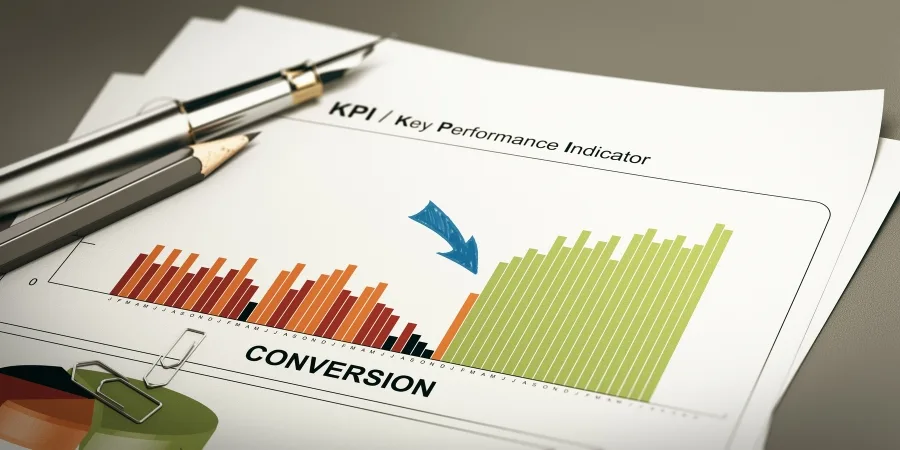
Lead generation in B2B SEO is a gradual process. The goal is not an instant sale but a qualified lead who may convert after multiple interactions—via newsletters, demos, or calls.
On the other hand, conversion goals for B2C SEO focus on immediate actions like product purchases, sign-ups, or app downloads. B2C brands often use limited-time offers, emotional triggers, and retargeting ads to convert customers quickly.
Example:
- B2B: “Request a free demo”
- B2C: “Buy Now” or “Add to Cart”
4. Buying Cycle and Decision-Making Process
The buying cycle differences in SEO are among the most defining factors.
In B2B SEO, the buying process is longer and more rational. Multiple stakeholders evaluate the product before purchase. It can take weeks or months before conversion.
In B2C SEO, the process is shorter and more emotional. Consumers often make spontaneous decisions based on price, brand image, or convenience.
That’s why SEO funnel for B2B and B2C campaigns should be designed differently:
- B2B SEO Funnel: Awareness → Consideration → Decision → Retention
- B2C SEO Funnel: Awareness → Interest → Desire → Action
How to Optimize SEO for B2B and B2C Websites

Here are actionable SEO strategies for B2B and B2C businesses to enhance visibility and conversions.
B2B SEO Optimization Tips:
- Conduct detailed keyword research for niche industry terms.
- Create long-form, educational blog posts and case studies.
- Optimize landing pages for lead generation (e.g., forms, CTAs).
- Build authoritative backlinks through guest posts and whitepapers.
- Use LinkedIn for SEO-driven brand visibility and outreach.
- Track conversions through CRM integration and analytics.
B2C SEO Optimization Tips:
- Focus on mobile-friendly website design and fast loading times.
- Use engaging visuals, videos, and short content for product promotion.
- Optimize product descriptions with emotional and persuasive language.
- Encourage customer reviews and social proof.
- Leverage local SEO for retail or service-based businesses.
- Use social media platforms like Instagram, Facebook, and TikTok to drive traffic.
B2B vs B2C SEO: Key Differences Table
| Factor | B2B SEO | B2C SEO |
| Target Audience | Businesses, professionals, decision-makers | Individual consumers |
| Search Intent | Informational & research-based | Emotional & instant buying |
| Keywords | Long-tail, niche-specific | Short-tail, high-volume |
| Content Type | Whitepapers, case studies, blogs | Product pages, videos, blogs |
| Buying Cycle | Longer, multi-step | Short, direct |
| Conversion Goal | Lead generation | Immediate purchase |
| Tone of Voice | Professional, data-driven | Conversational, emotional |
| SEO Metrics | Qualified leads, traffic quality | Sales volume, traffic quantity |
Emotional vs Rational SEO Marketing
B2B SEO revolves around logic, ROI, and problem-solving, while B2C SEO thrives on emotional appeal and instant gratification.
- A B2B company might emphasize efficiency and long-term value.
- A B2C brand might highlight happiness, comfort, or luxury.
This emotional versus rational marketing difference shapes the entire SEO and content strategy for both business types.
Case Studies of Successful B2B and B2C SEO Campaigns
B2B Example – HubSpot
HubSpot’s SEO success comes from in-depth blogs, downloadable resources, and free tools. Their strategy focuses on content that solves real business problems, attracting B2B leads worldwide.
B2C Example – Nike
Nike’s SEO revolves around storytelling, influencer marketing, and powerful visuals. Their B2C SEO services highlight emotional connections, inspiring customers to take action.
These examples show that both strategies can succeed — when aligned with the right audience and intent.
Effective SEO Tips for B2B and B2C Marketers
- Understand Your Audience: Know their motivations, goals, and pain points.
- Balance Content and Conversion: Offer value before selling.
- Use Data Analytics: Measure and adjust campaigns regularly.
- Leverage Voice Search Optimization: Many B2C users use Google Voice Assistance to search—optimize for conversational keywords like “best SEO agency near me.”
- Maintain Consistent Branding: Keep tone, visuals, and messaging aligned across all platforms.
SEO Campaign Planning for B2B and B2C Businesses
Planning your SEO campaign begins with a strong foundation:
- Conduct an in-depth SEO audit.
- Identify content gaps and competitor insights.
- Develop content calendars aligned with user intent.
- Use advanced tools like SEMrush, Ahrefs, or Google Search Console.
- Track progress through key metrics like organic traffic, conversions, and engagement.
Whether it’s B2B search engine optimization or B2C online marketing SEO, consistency, data analysis, and creativity are key.
B2B vs B2C SEO — Choosing the Right Path for Your Digital Growth
The differences between B2B SEO and B2C SEO go beyond keywords and rankings—they lie in understanding the psychology, decision-making process, and journey of the audience.
While B2B SEO demands patience, authority, and trust-building, B2C SEO thrives on speed, emotion, and user experience.
By applying the right SEO techniques, businesses can optimize both strategies to achieve maximum results. Whether you’re developing a business-to-business SEO strategy or a business-to-consumer SEO optimization plan, focus on delivering value, relevance, and seamless user experiences.
In short:
- B2B SEO builds long-term relationships.
- B2C SEO drives instant conversions.
Both are essential, and when mastered, they can transform your brand’s digital presence.
FAQs on B2B and B2C SEO
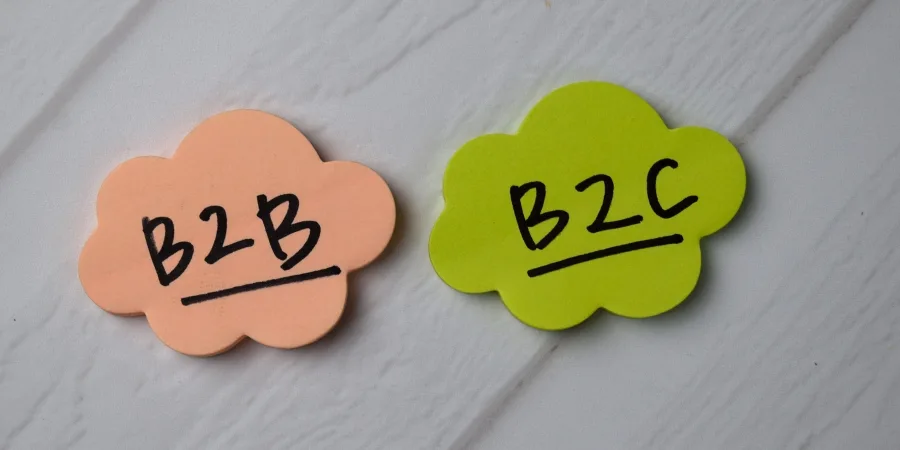
Q1. What is the main difference between B2B SEO and B2C SEO?
The main difference lies in the target audience and buying intent. B2B SEO focuses on business decision-makers with longer sales cycles, while B2C SEO targets individual consumers with emotional and quick purchase decisions.
Q2. Why does B2B SEO require a different strategy than B2C SEO?
B2B SEO demands educational, trust-building content and focuses on lead generation. B2C SEO emphasizes brand appeal and direct conversions through engaging, emotional content and quick keyword targeting.
Q3. Which is more challenging — B2B or B2C SEO?
B2B SEO is often more complex due to longer decision-making processes, niche audiences, and lower search volumes. B2C SEO usually targets larger audiences but faces higher competition.
Q4. How do keyword strategies differ between B2B and B2C SEO?
B2B SEO keywords are typically industry-specific and long-tail, focusing on solutions and decision-making terms. B2C SEO keywords are shorter, more emotional, and aimed at driving faster conversions.
Q5. What type of content works best for B2B SEO?
Content like case studies, white papers, in-depth blogs, and webinars works best for B2B SEO since it educates and builds trust with business clients.
Q6. What type of content performs well for B2C SEO?
For B2C SEO, product guides, short blogs, videos, reviews, and social content perform better because they attract attention and drive quick purchase actions.
Q7. How does the sales cycle impact B2B and B2C SEO differently?
B2B SEO supports a longer, multi-step buying process, requiring nurturing content and retargeting. B2C SEO supports a shorter, impulse-driven cycle, focusing on direct calls-to-action.
Q8. Can a single SEO strategy work for both B2B and B2C businesses?
Not effectively. While the fundamentals of SEO remain similar, the approach, content type, and targeting must be customized to the audience type and purchase behavior.
Q9. What are common SEO mistakes in B2B vs B2C marketing?
In B2B, neglecting content depth or lead tracking is common. In B2C, overlooking mobile optimization or emotional appeal can limit visibility and conversions.
Q10. How can I optimize my website for both B2B and B2C audiences?
Create separate content funnels for each audience type, optimize keyword clusters individually, and use analytics to measure performance across both segments effectively.
